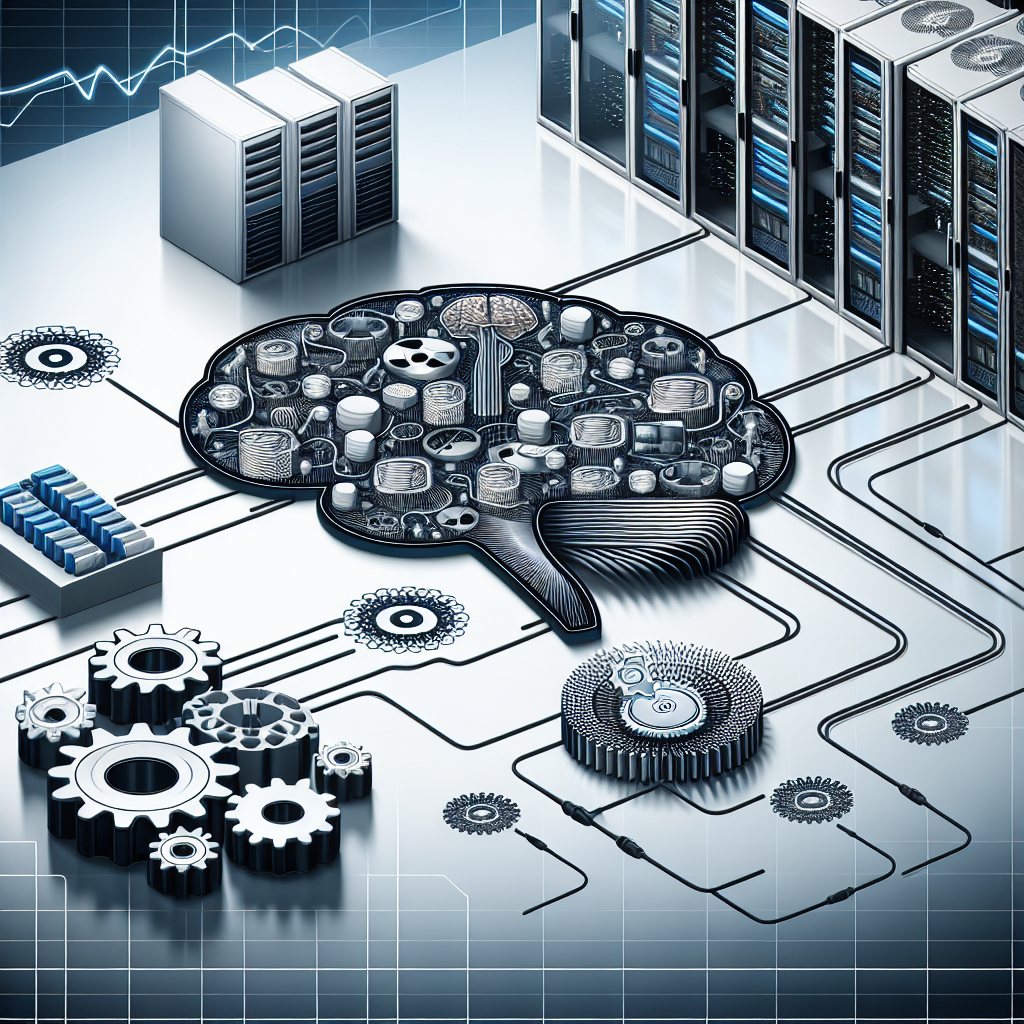Your cart is currently empty!
Key Considerations for Effective Data Center Capacity Planning

Data centers are the backbone of any organization’s IT infrastructure, housing critical hardware, software, and data that are essential for daily operations. As organizations continue to rely more heavily on digital technologies, the need for efficient and reliable data center capacity planning becomes increasingly important. Here are some key considerations for effective data center capacity planning:
1. Understand current and future needs: The first step in effective data center capacity planning is to understand your organization’s current and future needs. This includes assessing your current IT infrastructure, applications, and data storage requirements, as well as forecasting future growth and changes in technology.
2. Consider scalability and flexibility: When planning for data center capacity, it’s important to consider scalability and flexibility. Your data center should be able to accommodate future growth and changes in technology without requiring a complete overhaul of your infrastructure. This includes considering factors such as server virtualization, cloud computing, and software-defined networking.
3. Conduct a thorough assessment of existing infrastructure: Before making any decisions about data center capacity planning, it’s important to conduct a thorough assessment of your existing infrastructure. This includes identifying any bottlenecks, inefficiencies, or areas for improvement that could impact your capacity planning efforts.
4. Plan for redundancy and resilience: When planning for data center capacity, it’s critical to consider redundancy and resilience. This includes having backup power supplies, cooling systems, and network connections in place to ensure uninterrupted operation in the event of a power outage or other unforeseen event.
5. Monitor and optimize resource utilization: Once your data center capacity plan is in place, it’s important to monitor and optimize resource utilization on an ongoing basis. This includes regularly assessing the performance of your infrastructure, identifying areas of inefficiency, and making adjustments as needed to ensure optimal performance and efficiency.
6. Consider energy efficiency: Data centers are notorious for their high energy consumption, so it’s important to consider energy efficiency when planning for capacity. This includes using energy-efficient hardware, implementing cooling and power management strategies, and exploring renewable energy options.
In conclusion, effective data center capacity planning is essential for ensuring the reliability, scalability, and efficiency of your organization’s IT infrastructure. By understanding your current and future needs, considering scalability and flexibility, conducting a thorough assessment of your existing infrastructure, planning for redundancy and resilience, monitoring and optimizing resource utilization, and considering energy efficiency, you can create a data center capacity plan that meets the needs of your organization now and in the future.

Leave a Reply